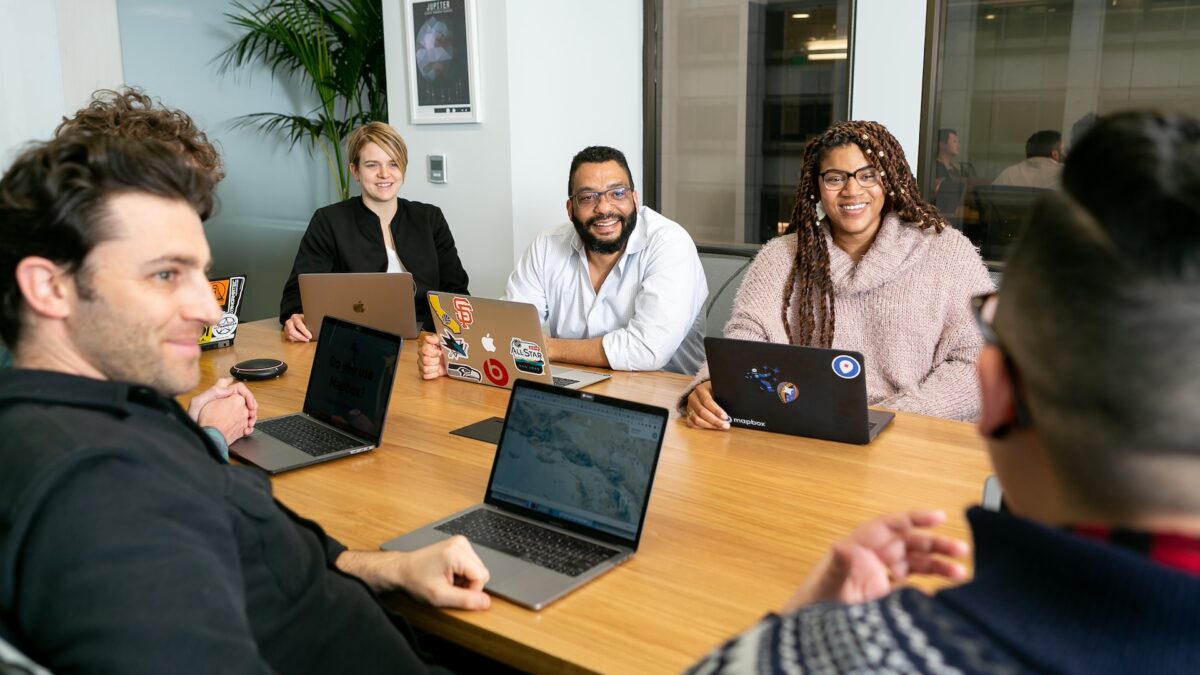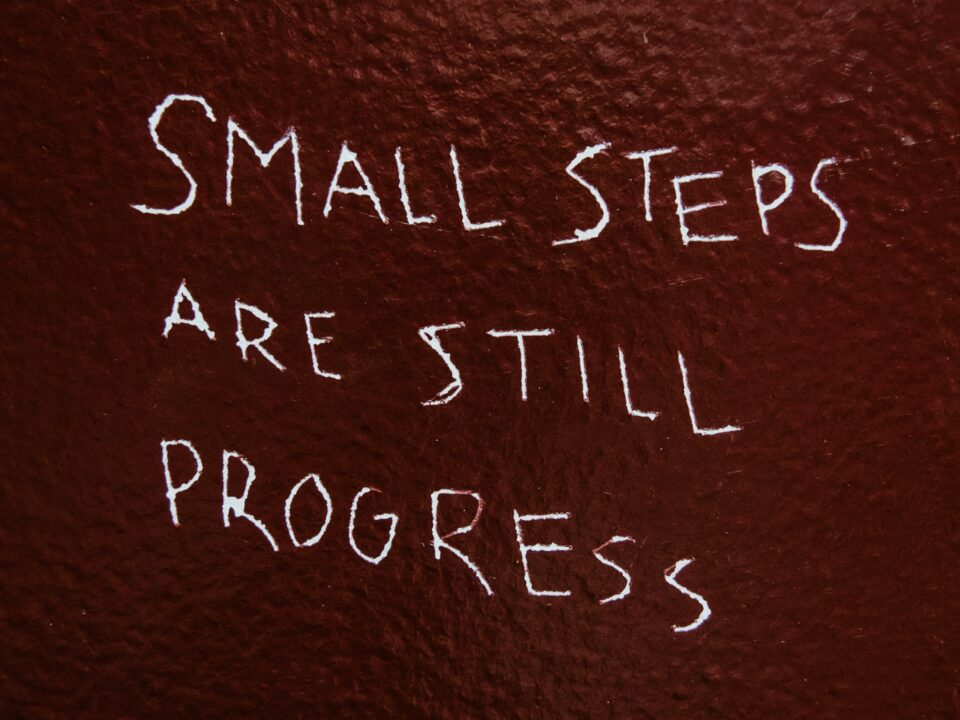
The power of marginal gains: small changes for long-term success
June 1, 2023
The power of assertiveness: learning to say no to your boss
August 3, 2023In the modern workplace, team productivity plays a crucial role in achieving organisational success. According to a survey conducted by McKinsey, highly collaborative teams are 20-25% more productive than their less collaborative counterparts. Effective collaboration and streamlined teamwork are vital components that contribute to a team’s overall productivity.
In this blog, we’ll explore key strategies to enhance your team’s productivity both on and offline.
Cascading team objectives
Clear and well-defined team objectives serve as a compass for focused and aligned effort. Ensure that team objectives are communicated and cascaded effectively, ensuring that every team member understands their role in achieving shared goals. This enhances accountability and provides a sense of purpose, fostering a collaborative environment where everyone is working towards a common vision.
Managing effective team meetings
Team meetings are a cornerstone of collaboration, but they can easily become unproductive and time-consuming if not managed properly, with an average of 31 hours wasted each month. To improve team meetings:
- Clearly define the purpose: Every meeting should have a clear agenda and a specific objective. Outline the topics to be discussed and the desired outcomes, ensuring that everyone understands the meeting’s purpose and the value it brings
- Establish time limits: Set a defined duration for the meeting and stick to it. This encourages focus and ensures that discussions remain on track
- Encourage active participation: Create an inclusive environment where every team member feels comfortable contributing their ideas and perspectives
- Encourage active listening, open dialogue, and constructive feedback. You can read more about this in our ‘Building rapport through questioning and active listening’ blog
Effective meeting etiquette
Face-to-face meetings
When hosting face-to-face meetings remember to:
- Be punctual: Arrive on time and respect others’ time commitments
- Come prepared: Review any materials or pre-work required before the meeting to facilitate meaningful discussions. Find out more in our ‘Making a good first impression – tips for building rapport’ blog
- Practice active engagement: Be present, actively participate, and avoid distractions like smartphones or side conversations
Online meetings:
As of 2022, Zoom hosts 300 million meetings every day and it might feel like you do too! When hosting online meetings remember to:
- Test technology beforehand: Familiarise yourself with the meeting platform and ensure your audio and video equipment are working correctly
- Minimise distractions: Find a quiet, well-lit space and limit background noise to maintain focus
- Use video when possible: Enable video to enhance engagement, build rapport, and promote non-verbal communication
Key roles and accountability
Establishing clear roles within team meetings can improve productivity and accountability. Consider the following roles:
- Facilitator: Guides the meeting, ensures adherence to the agenda, and promotes participation
- Timekeeper: Keeps track of time and ensures discussions stay on schedule
- Note-taker: Records key points, action items, and decisions made during the meeting
Also make sure that action items and responsibilities are clearly assigned, with deadlines and expectations communicated. This fosters accountability and makes sure that progress is tracked and achieved.
Avoiding back-to-back meetings
Scheduling meetings back-to-back can lead to fatigue, reduced focus, and limited time for reflection or preparation. When possible, leave gaps between meetings to provide participants with adequate transition time. This allows for mental recharge, review of meeting outcomes, and preparation for upcoming engagements, ultimately improving overall productivity.
Are you interested in boosting your team’s productivity? Cube Learning and Development delivers tailor-made training and development programmes for your teams along with personal coaching to help with effective communication and presentation. For a no-obligation chat about this and our other training, call Chris Burton on 07879 602002.
Featured image courtesy of unsplash – mapbox




